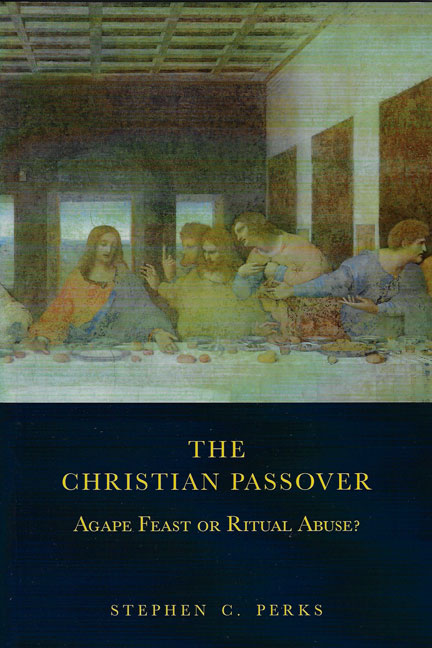
The Christian Passover: Agape Feast or Ritual Abuse?
Stephen Perks
Narrated By: Nathan Conkey
Topics: Doctrinal Studies, Ecclesiology
Library: Kuyper Foundation Library
It has been accepted by virtually all Christian traditions that the Last Supper was a Passover meal. It has also been accepted by virtually all Christian traditions that in the early Church the Lord’s Supper, for which the Last Supper is the model and pattern, was celebrated as part of a common fellowship meal, the agape feast. Yet by the second half of the first millennium the Lord’s Supper had been separated from the Agape and the Church had banned the celebration of the latter in church buildings with the result that it fell into complete disuse. Why did this happen? The reason is to be found in the fact that it was difficult to transform the Agape into a clergy-controlled and regulated ritual, whereas the Eucharist, separated from the Agape and accompanied by an expanding liturgy, was easily transformed into a rite that could be sacralised and subjected to clerical domination.
The life of the Church was then redefined and its most important communal expressions were transformed into rituals performed by the priesthood (sacerdotalism). The ability of the Christian community, the Christian society, to achieve the potential of its life as the true social order was restricted as an inevitable consequence. If the Church is to fulfil the task entrusted to her by her Lord in the Great Commission Christians must reclaim their citizenship of the Kingdom of God from those who have sought to dispossess them of it for so long. Centralised bureaucratic control of the Church by clergymen has vitiated the life of the Church as a social order and wrecked the mission of the Church. The life of the Church as the true society, the true social order, must be restored if the Great Commission is to be accomplished, and the combined Eucharist and Agape is an important element of that life, since it is the central ritual of the Christian Church and therefore vital to the well-being of the Christian community.
